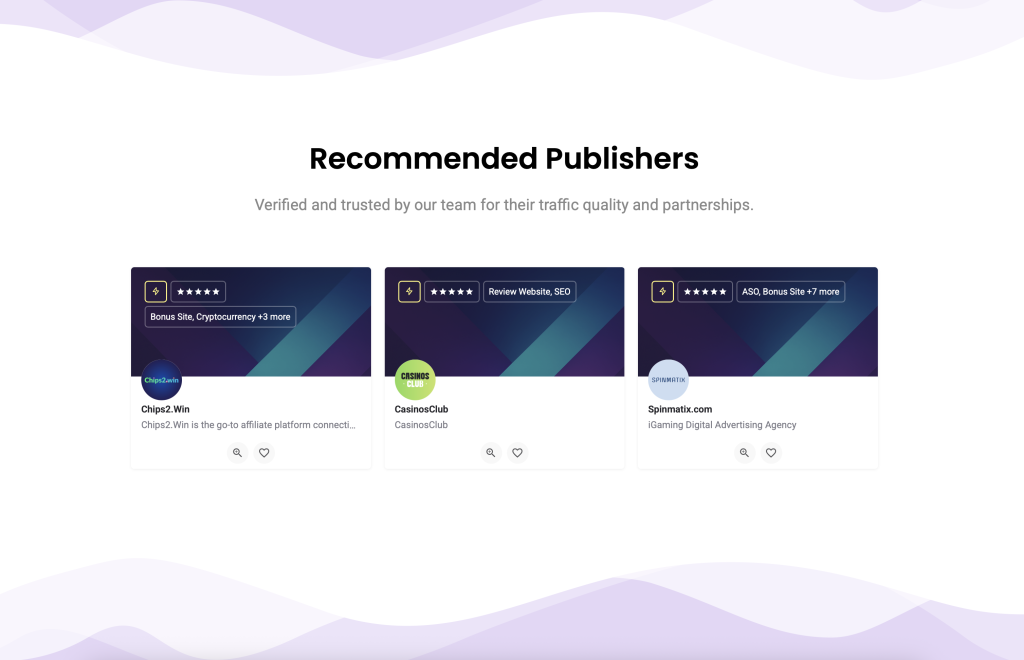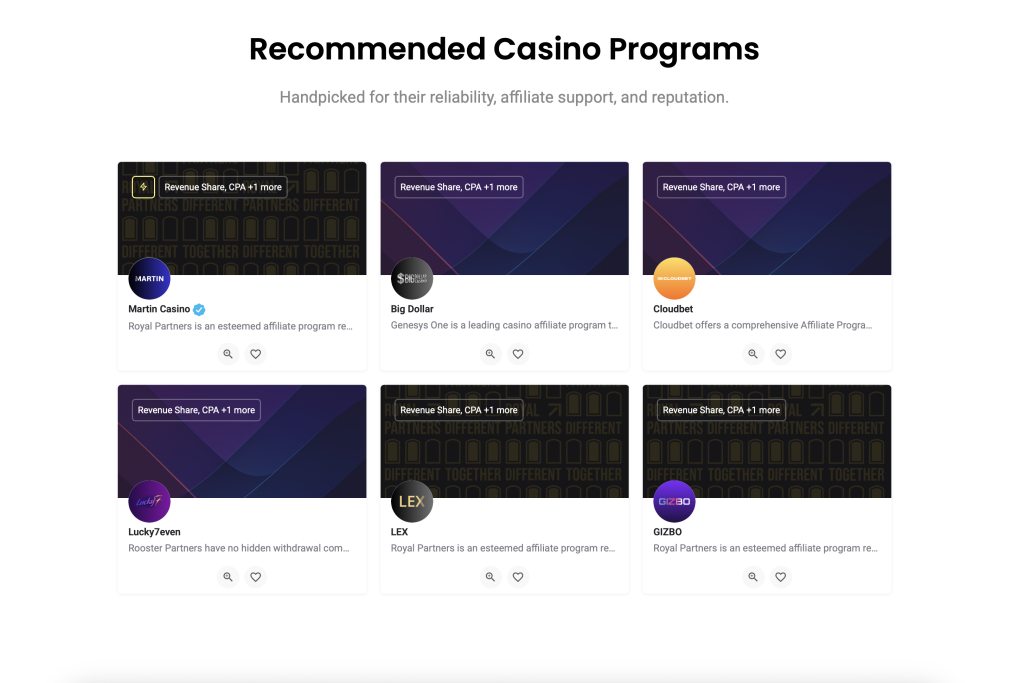Illinois Moves Toward iGaming Legalization: What It Means for the Industry

The iGaming industry in the United States may soon see a significant expansion as Illinois lawmakers push forward new legislation to legalize online casino gaming. Senate Bill 1963 (SB 1963) and House Bill 3080 (HB 3080) aim to create a regulated framework for iGaming while addressing concerns about competition with traditional casinos. If passed, Illinois could join states like New Jersey, Pennsylvania, and Michigan in offering fully regulated online casino gaming.
With the potential for billions in annual revenue, these bills could reshape the market for operators, affiliates, and players alike. But what do these changes mean for the industry? Let’s break it down.
Key Provisions of Illinois’ iGaming Legislation
Illinois’ proposed iGaming legislation introduces several key measures that aim to ensure fair market competition while maximizing state revenue. Some of the most important provisions include:
1. Licensing and Partnerships
The bills allow existing casino operators in Illinois to apply for an iGaming license and partner with up to three online casino brands (skins). This structure mirrors successful models in states like Michigan, creating a diverse and competitive market.
2. Taxation and Revenue Generation
The proposed legislation introduces a 25% tax rate on adjusted gross revenue from online casino gaming. Operators can deduct free play and promotional expenses up to a specified limit, a feature designed to encourage marketing efforts while ensuring tax contributions remain strong.
According to estimates, Illinois could generate up to $800 million annually in tax revenue from iGaming, funds that would support public services and infrastructure projects.
3. Workforce Protection Clause
One of the main concerns about online gaming is the risk it poses to brick-and-mortar casinos and their employees. To mitigate these concerns, the bill includes a workforce protection clause:
- Any operator that reduces its casino workforce by 25% or more since February 28, 2020, will not be eligible for an iGaming license.
- This ensures that online gaming does not negatively impact existing casino jobs.
This provision aims to strike a balance between innovation and job security, a major concern among critics of iGaming expansion.
4. Responsible Gaming Measures
Illinois lawmakers are also prioritizing responsible gambling initiatives, requiring licensed online casinos to:
- Implement self-exclusion programs
- Provide gambling addiction resources
- Maintain transparent marketing practices
By incorporating player protection measures, the state aims to ensure that online gaming remains a safe and regulated space for players.
Why This Matters for Affiliates & Operators
The legalization of iGaming in Illinois presents significant opportunities for affiliates, operators, and digital marketers looking to expand into a new, regulated market.
For Affiliates:
- New Revenue Streams: Affiliates will be able to promote licensed Illinois casinos and earn commissions under legal, transparent agreements.
- Increased Player Trust: A regulated market fosters higher player trust, leading to better conversion rates for affiliates.
- Expanded Market Access: Illinois’ large population (over 12 million people) makes it an attractive market for affiliate marketers.
For Casino Operators:
- Entry into a Lucrative Market: The 25% tax rate is competitive compared to other states, making Illinois an appealing market for operators.
- Regulated Growth: The structured approach allows for a fair competitive landscape with strict compliance measures.
- Partnership Potential: With up to three skins per operator, brands have multiple ways to expand their reach and market share.
Potential Challenges & Roadblocks
While the potential for iGaming expansion in Illinois is exciting, there are still challenges to overcome:
1. Opposition from Retail Casinos
Many land-based casino operators fear that iGaming will cannibalize in-person gaming revenue, despite studies showing that online and retail gaming can coexist successfully.
2. Regulatory Hurdles
State regulators will need to set clear licensing requirements and compliance measures to ensure a smooth rollout of iGaming platforms.
3. Market Competition
With multiple operators and affiliates vying for Illinois traffic, brands will need to implement strong SEO, paid advertising, and affiliate marketing strategies to stand out in the market.
Is Illinois the Next Big iGaming Hub?
The introduction of SB 1963 and HB 3080 signals that Illinois is ready to embrace iGaming, joining other successful regulated markets in the U.S. The potential tax revenue, coupled with strict regulations and workforce protection measures, makes this a major opportunity for affiliates and operators looking to establish a presence in the region.
As we await further legislative developments, iGaming businesses should start preparing now—whether through affiliate partnerships, regulatory compliance strategies, or digital marketing optimizations. Illinois is on the path to becoming a key player in the U.S. iGaming industry, and those who act early will have the greatest advantage.


